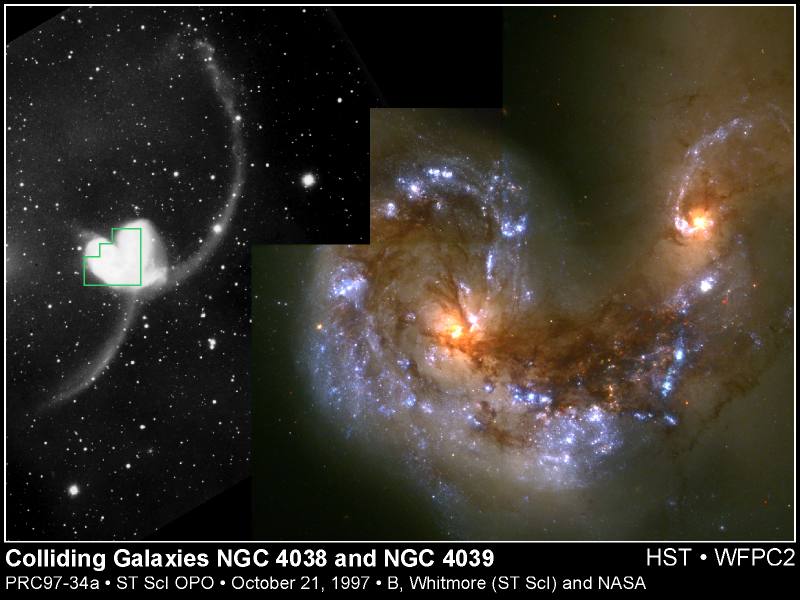
The Best Place to Look for Dramatic Explosions in Space is at the Galactic Level
Ship combat and other explosions can be quite difficult to read, even in the rare case when the author gets the technical details right. Man, being something of a visual creature, has been trained for 100 years (at least since Skylark in Space) that explosions and warfare, being cast on the grandest sea possible, are even more spectacular against the black backdrop of space than they are in real life.
Of course, most real life explosions are not as dramatic for their visual effect as they are for their effect of force. So, even if an author describes the explosion of a ship’s internal oxygen tank as a wave of force and a rapid breach of steel, 80% of his readers are still going to picture the iconic–if semi-mythical–fireball, whether they want to or not.
The sad truth is that explosions in space aren’t sexy. They make no noise, they cause no fire (usually), no smoke and, in most cases, no shockwave. Unless the object exploding has enough mass to have some form air surrounding it, the explosion will diffuse the force into a vacuum. Any materials ejected will hurtle out in straight lines, but that will be about it.
Setting aside the impractical distances for conventional ship-to-ship warfare in space, and the logical reliance that “real life” galactic cruisers will place on technologies that turn their enemy targets own self-contained “weapons” (such as nuclear engines, oxygen tanks, financial exchange and food supplies) against themselves: the real key to making explosions dramatic is not the pyrotechnics…but the rarity.
Just as something small and subtle can draw the eye and inspire all sorts of emotional response, the muted effects and flashes of explosions in space should be jarring to the reader because they are relatively rare events.
As a reader, here are a few conditions under which explosions make the most dramatic sense to me:
- The vast distances mean that, in most deep space encounters, combat will function more like a siege than an assault. Commanders will be more concerned with the enemy’s ability to turn his own craft and crew against his ship or fleet than he will with the ability for extremely distant conventional weaponry from the enemy to successfully intercept the target. I think of space ships less as the future model of navies and more as the future model of well-defended castles…before the employment of gunpowder and cannonballs. I suspect a fair number of siege engines will be digital in nature.
- The majority of visually arresting spacecraft disasters will occur in some sort of atmosphere, even a very weak one. The Starfish nuclear test (declassified, below) was a nuclear explosion that occurred in the Earth’s upper atmosphere. It gives the best picture of the physical difference between terrestrial explosions and near-space explosions. What it lacks in chaotic drama, in makes up for in the atmosphere of its haunting spectre.
- The same with combat. Deep space, having no resources, serves as a natural no man’s land for direct engagement. It makes the most sense, both logistically, tactically and even strategically, to target craft at the edge of planetary (or other large body) atmosphere’s whenever possible. Dramatically, this heightens things for me: with such a narrow window in which to catch a foe, the setting alone raises the stakes.
- Automatic defenses will lead to higher accident and explosion rates. Just as the hyperautomation of terrestrial technology leads to greater fragility and failure rates, so will the necessary over-robotification of space.
- “Ground” troops will be employed, in suits, to defend and repair the surface of ships, and will also serve as off-network redundancies. A guy with a wrench and without a communication link or centralized orders can’t have his communication link disrupted or his orders faked.
Please give us your valuable comment